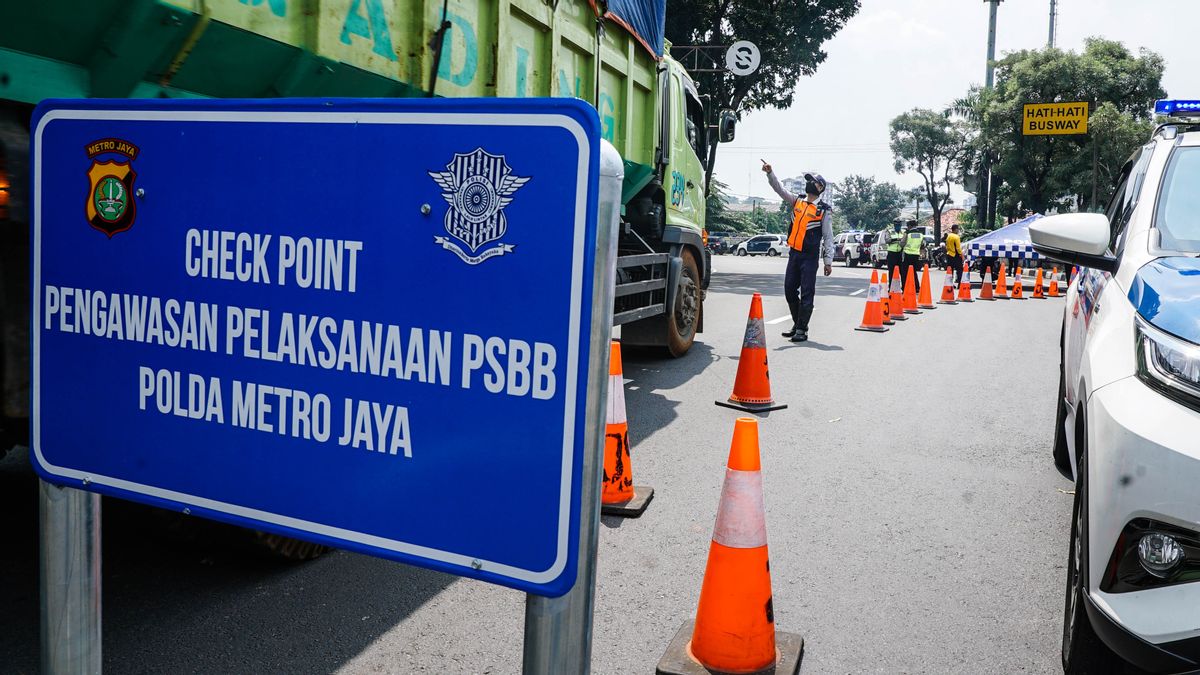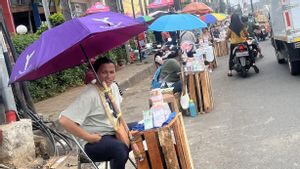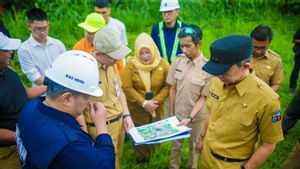JAKARTA - Transitional Large-Scale Social Restrictions (PSBB) in Jakarta will end today. The DKI Provincial Government will decide on the next policy to control the spread of COVID-19.
Tri Yunis Miko Wahyono, an epidemiologist from the University of Indonesia, predicts that the transitional PSBB will be resumed by the DKI Provincial Government. But according to him, the transitional PSBB has clearly not been able to reduce COVID-19 cases.
"The PSBB transition has no clear direction. There are restrictions, but at the same time social easing is being carried out. As a result, now the community is like a sabodo teuing (not caring, ed) about health protocols," said Miko when contacted by VOI, Wednesday, August 12.
As of yesterday, new cases of COVID-19 in DKI increased by 578 with an accumulation of 27,242 cases. There were 8,925 active cases or patients still being treated and doing independent isolation.
Even though the swab examination has been massive, the positive cases (positivity rate) in DKI during the week is still at 8.3 percent. This figure is higher than the world's positivity rate of 5 percent.
The sanctions against protocol violators are still high. During the transitional PSBB period, there were 605 written reprimands and 143 fines in public facilities. Meanwhile, for socio-cultural activities there are 12 written reprimands, 29 fines, and 26 seal sanctions.
For violations of not wearing masks by individuals, social work sanctions are imposed on 73,741 people and fines in the form of cash are imposed on 9,319 people.
Therefore, Miko suggested that DKI implement social restrictions such as the early days of the PSBB, but carried out on a local scale.
"It is better if PSBB is carried out at RWs that are in the red zone. This must really be limited because COVID-19 has a lot of cluster transmission," said Miko.
According to Miko, in this local scale limitation, DKI Jakarta Governor Anies Baswedan needs to limit all residents' homes, shops, shopping centers, business premises, to regional offices with red zones or those with a high risk of transmission.
"In the RW, the shops are closed again, places to eat are not allowed to serve on the premises, the company applies all work from home. This also creates a deterrent effect on red RWs. If you want to open, you have to get out of the red zone first," he explained. .
"Now, just look at places to eat like warteg. There is no COVID-19 protocol such as maintaining distance. People all gather at meals. Not to mention that currently there are many cases of COVID-19 in offices because they do not comply with restrictions," he added.
As is known, the transitional PSBB was first implemented from 5 June to 2 July. Then it was extended for 14 days from July 16 to July 30. The Transitional PSBB was extended for the third time from 31 July to 13 August. Currently, the DKI Provincial Government will decide on the continuation of the COVID-19 control policy.
Deputy Governor of DKI, Ahmad Riza Patria, said it is possible that the transitional PSBB will be extended again for two weeks. However, Riza cannot confirm this because the DKI Provincial Government is still conducting a study on the epidemiology of COVID-19.
The English, Chinese, Japanese, Arabic, and French versions are automatically generated by the AI. So there may still be inaccuracies in translating, please always see Indonesian as our main language. (system supported by DigitalSiber.id)









